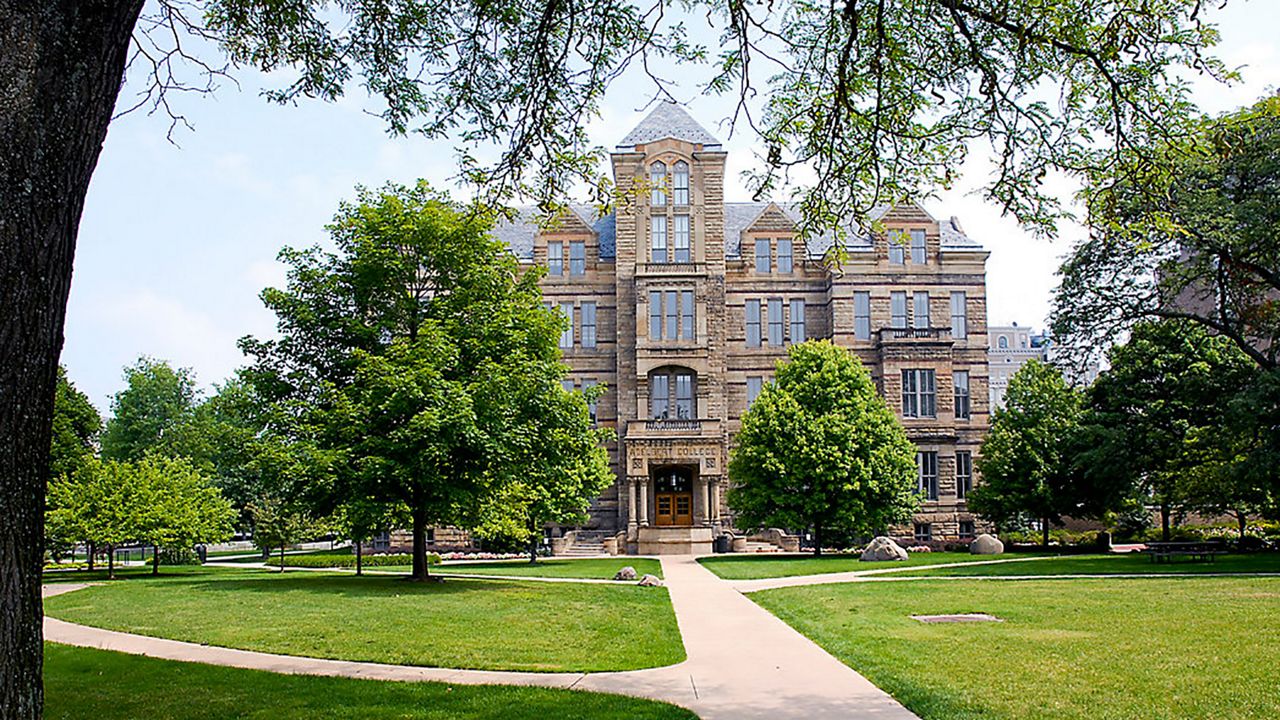CLEVELAND — Case Western Reserve University is among six institutions nationally to receive the 2024 Josiah Macy Jr. Foundation Catalyst Award for Transformation in Graduate Medical Education.
The six awardees were chosen from a national pool of applicants representing many graduate medical education programs and academic institutions, according to a press release from the univeristy.
Case Western Reserve’s Clinical Teaming Project (CTP) project was chosen “for its potential to have a positive impact on the clinical learning environment and to improve the experiences of residents and fellows,” the Macy Foundation said in the release.
The CTP at Case Western Reserve and MetroHealth will involve residents, fellows, attending physicians and non-physician providers creating a “teamwork curriculum” to teach residents and fellows how to achieve excellent team-based patient care through interprofessional collaboration and shared accountability, Tyler Reimschisel, associate provost for interprofessional and interdisciplinary education and research and a professor of genetics and genome sciences at the School of Medicine, said in the release.
Reimschisel is coordinating the project with Kaitlyn Murphy, an associate professor at the School of Medicine.
Representatives from residency and fellowship programs will also attend train-the-trainer sessions, according to the release. They will learn how to teach the teaming modules and then partner with program directors, chief residents and other department leaders to implement and evaluate the curriculum.
The curriculum will be customized to address time constraints, competing demands and other factors that busy residents and fellows experience in the clinical learning environment.
Each Macy Foundation recipient receives $50,000 for one year “to implement innovative projects that support civility, psychological safety and thriving in the clinical learning environment for residents and fellows,” the foundation said. “Their projects will address challenges such as responding to mistreatment, disclosing and apologizing for errors and eliminating stereotypes and dismantling barriers for residents with disabilities.”
The other five 2024 Macy award-winners are:
- Johns Hopkins School of Medicine
- Harvard Medical School
- Perelman School of Medicine at the University of Pennsylvania
- UMass Chan Medical School and
- Docs with Disabilities Initiative/Accreditation Council for Graduate Medical Education
“The Catalyst Awards projects will explore a range of innovative strategies to help learners combat microaggressions, harassment, bias and discrimination in the clinical learning environment,” Macy Foundation President Holly J. Humphrey said in the release. “Working together, faculty and learners will pool their experiences and discoveries to evolve a set of best practices and actionable steps to support all learners. We are proud to support initiatives that equip learners with the confidence, skills and strategies to flourish in graduate medical education.”
"We feel extremely honored to be one of the Catalyst Award recipients this year. We are excited to work with faculty, residents, and non-physician health care professionals to design and implement a teaming curriculum that will help improve clinical outcomes, enhance interprofessional collaboration, and foster psychological safety and inclusivity among all members of the health care team, including patients and their families,” said Reimschisel.



